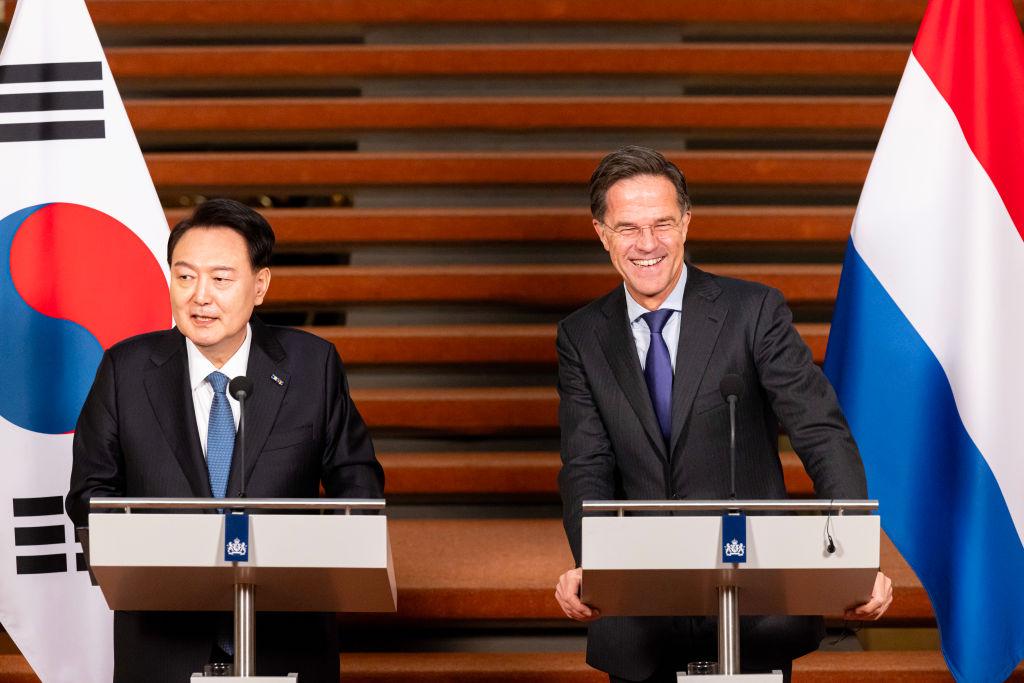News Analysis
In a landmark move to mitigate dependency on China’s supply chain, South Korean President Yoon Suk-yeol and Dutch Prime Minister Mark Rutte announced the formation of a “semiconductor alliance” on Dec. 13.

In a landmark move to mitigate dependency on China’s supply chain, South Korean President Yoon Suk-yeol and Dutch Prime Minister Mark Rutte announced the formation of a “semiconductor alliance” on Dec. 13.